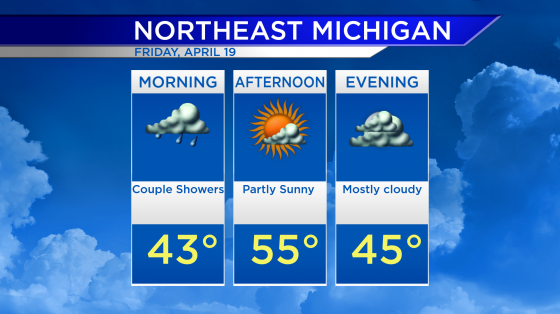Report finds gender pay gap extends into retirement

ALPENA, Mich. — A new report from the National Institute on Retirement Security finds the gender pay gap eventually becomes a retirement wealth gap. The report reveals that older women receive about 80 percent of the retirement older men receive.
“Even before the COVID-19 financial crisis, the nation was facing a retirement saving crisis, with women already at a significant disadvantage,” said report author Tyler Bond. “As we are on the brink of an economic depression, there is an urgent need to fix the broken retirement infrastructure, especially for women. Going forward, policymakers would be prudent to implement meaningful reforms. For example, changes to Social Security would make a significant difference in retirement outcomes for women – expanding benefits, adjusting spousal benefits and providing caregiving credits. Another solution would be for states to adopt stronger family leave policies to make it less punitive for women to take time out of the labor force to provide caregiving. Also, creating a universal savings vehicle for all workers would give more women a vehicle to save for their retirement, even if their employer does not offer a plan,” Bond said.
- In 2016, women age 65 and older had a median household retirement income of $47,244, which is 83 percent of median household income for men ($57,144).
- Women earn less than men over the course of their career. Men with savings in a defined contribution (DC) plan far surpass the earnings trajectory of women with savings in a DC plan, and earn significantly more than women without DC savings.
- Women experience a steep decline in income past age 80. Women age 80 and older are much more likely to be widows and widowhood presents challenges on both the income and cost side of retirement.
- There are stark differences in the sources of income for women in the top and bottom income quintiles. Women with less than $20,000 of income in retirement are much more dependent on Social Security income, whereas women with income above $80,000 receive much more from earnings and property income.
- Caregiving, especially spousal caregiving, has a strong effect on retirement preparedness, and this particularly impacts women as they remain much more likely to provide caregiving than men.
- Divorce presents a complex set of issues relating to retirement preparedness. The timing of divorce seems to matter, as does the division of assets following a divorce.











